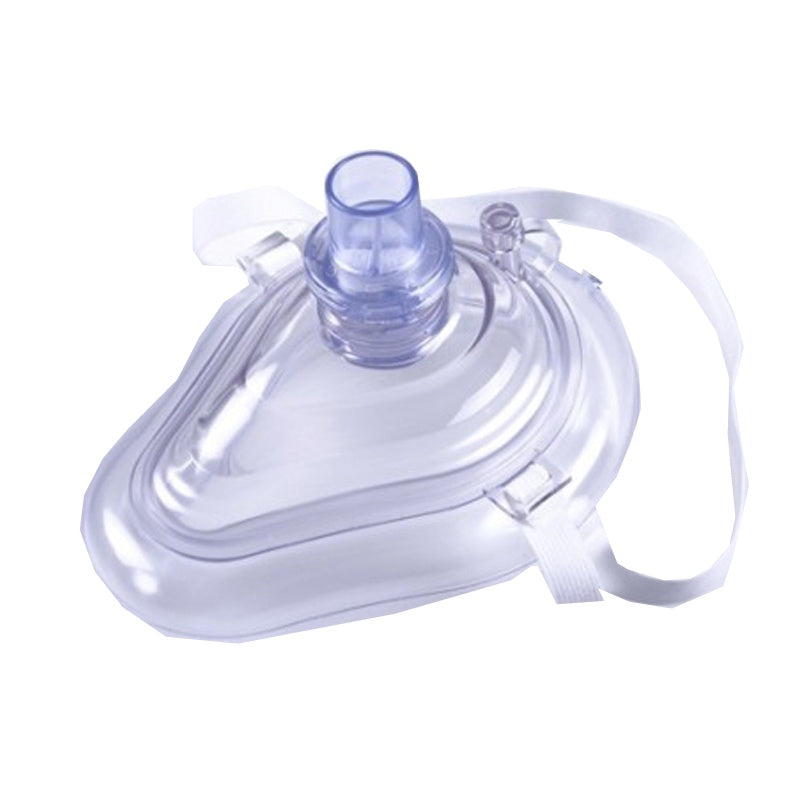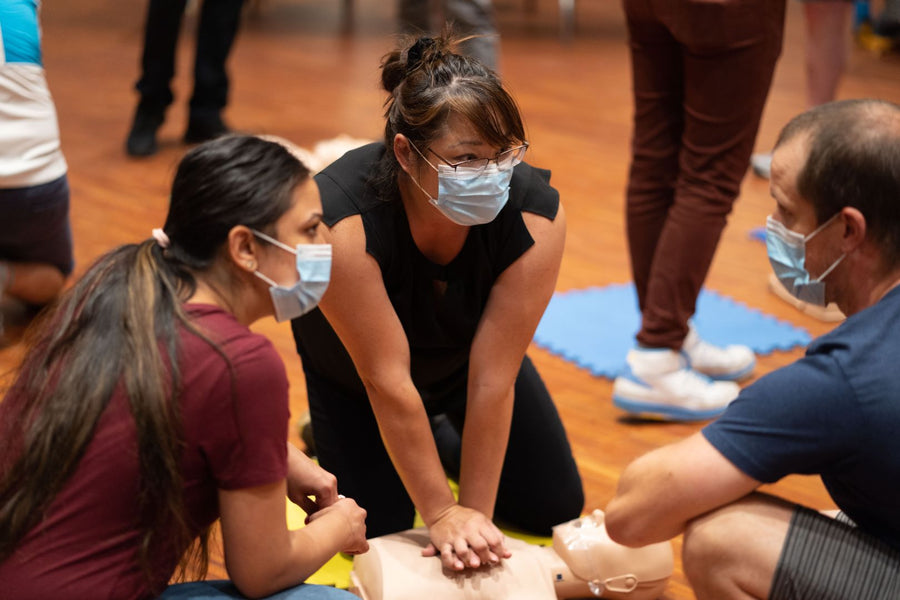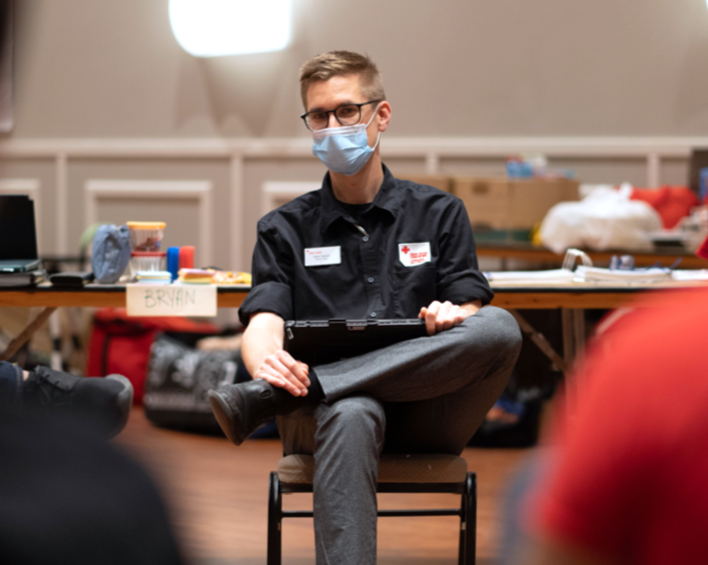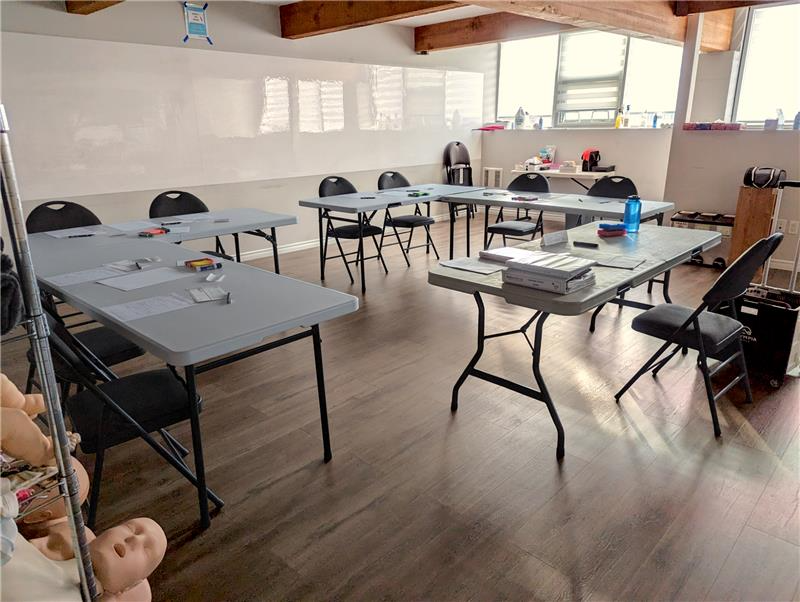
Why do you need to learn psychological first aid?
In a lot less serious cases, it’s often easier to recover from physical injuries compared to psychological ones. Recovering from emotional trauma, stress and abuse is not easy and can even take years. With Pacific First Aid’s Psychological First Aid Course, students will learn about different types of coping skills and how to handle stressful events. Read more in our post below about the importance of psychological first aid.
What is psychological first aid?
Psychological first aid is a training course that helps students understand the effects of stress, loss, grief and trauma. By understanding these effects, participants will learn how to help themselves and others.
The conversation surrounding mental health is becoming more and more prominent. Although we can’t see when people are suffering mentally, it’s important the issues are addressed with the same care as physical injuries.
How does psychological first aid help us?
This type, of course, provides training about how to help those suffering from depression, anxiety and stress, which are the most common mental health issues. In today’s society, there is still a stigma surrounding mental health which makes it difficult for patients to reach out for help. When you’ve gone through psychological first aid training, it can help you detect the early signs of mental health issues.
With psychological first aid knowledge, you would be able to recognize and understand how to help someone going through a mental health episode and what the next steps are. The most important part about handling a mental health situation is learning how to de-escalate and ensuring the person in question feels safe.
What are the advantages of psychological first aid training?
1) Creating a calm environment
When you see someone going through a mental health episode, the first thing to do is create a safe space and environment so they have the opportunity to calm down. Developing a quiet situation is essential both before and while you are connecting with the person. Make sure you speak calmly and patiently so you develop trust between you and the patient.
If you are struggling to create a calm space, you can practice breathing exercises and count to four, which helps both you and the person going through a mental health episode.
2) Developing self-efficacy skills
Psychological first aid training teaches you how to be self-sufficient as well as teach your patients new self-efficacy skills. The individuals you’re helping should be reminded of their strengths and encouraged to improve their strengths for current and future mental health situations.
Self-efficacy also helps eliminate the feeling of helplessness and changes the role of the individual. As opposed to feeling like the victim, they can feel empowered to take control of the situation for themselves and others.
3) Establishing a connection with the individual
When you’re helping a patient, you create a connection between the two of you. This helps foster feelings of trust and support and also helps reduce the stigma surrounding mental health. Psychological first aid courses teach you how to develop these connections with individuals in high-stress scenarios.
In today’s society, mental health awareness is essential. Now more than ever, people are dealing with tons of pressure and stress in our everyday environment. Knowing how to navigate and help both yourself and others in stressful situations is key to developing coping and self-efficacy skills. At Pacific First Aid, you can learn all about this in our psychological first aid courses so you can react to emergency situations effectively.







